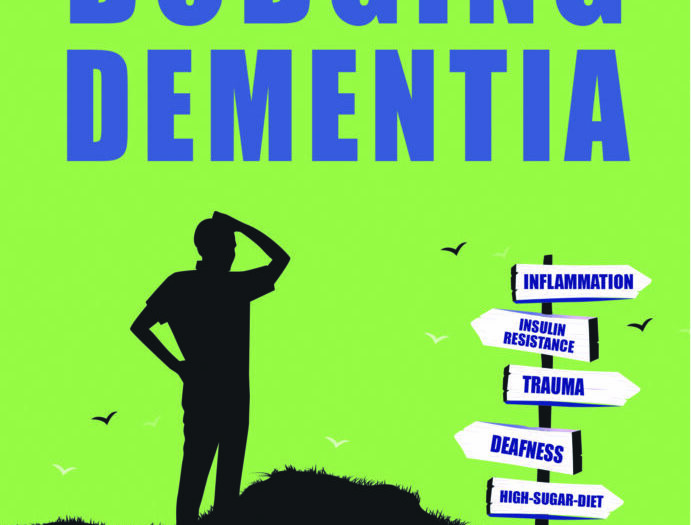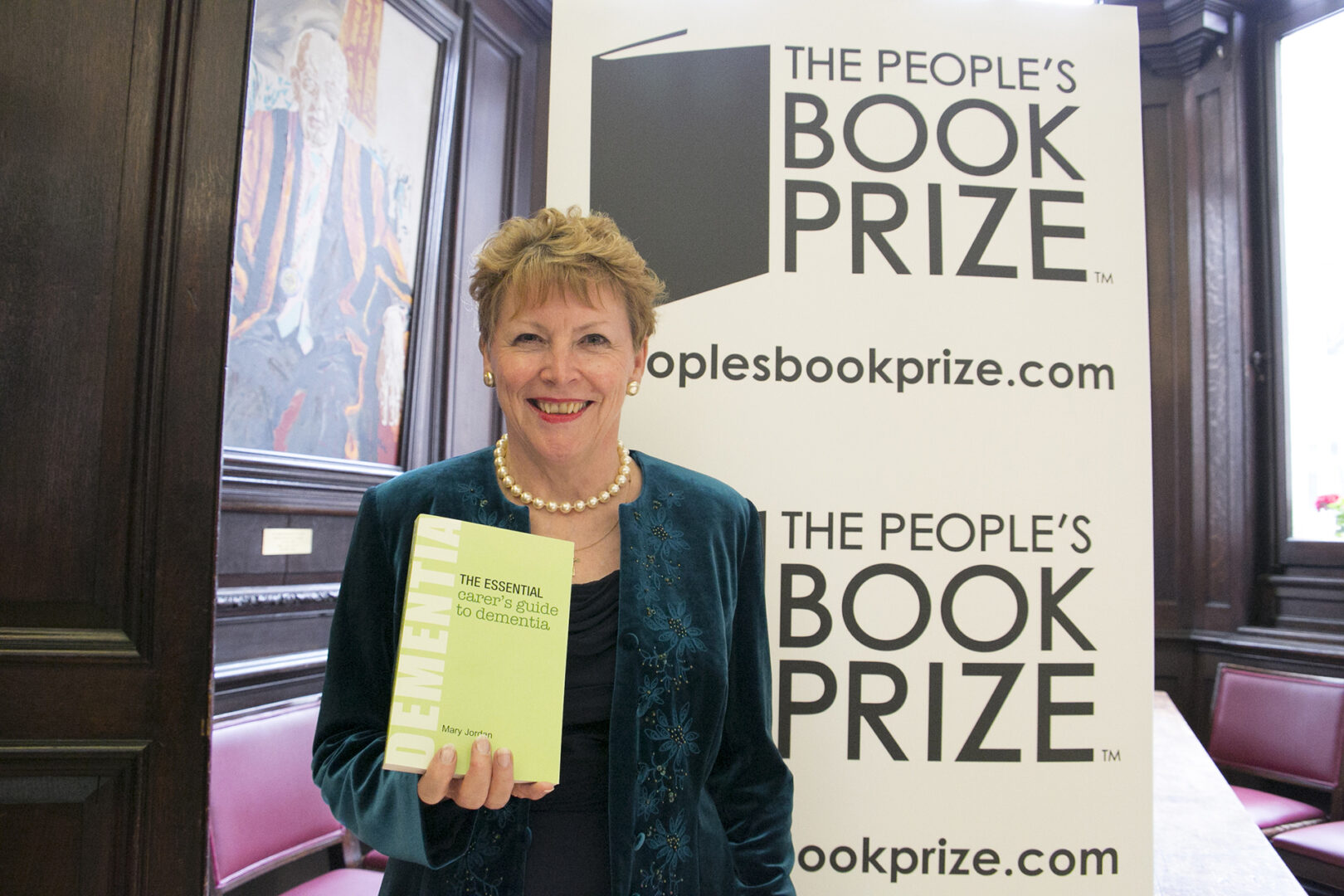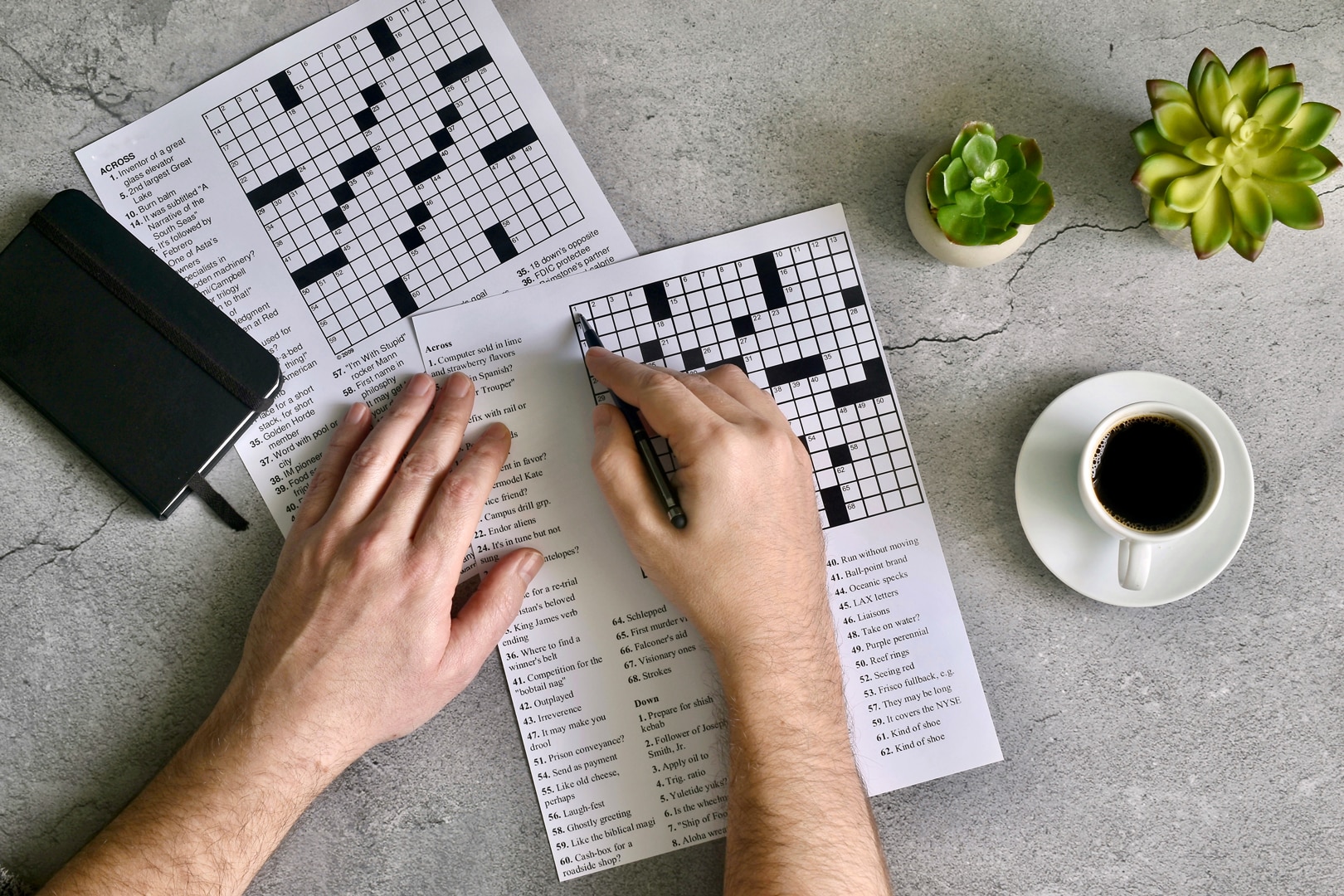Skip to content

This advice about ‘Dodging Dementia’ has been provided by Mary Jordan

No one wants to think they will develop dementia in later life. We are all so used to modern medicine being able to treat (and often cure) many illnesses that it is hard to come to terms with the fact that there is no really useful treatment for dementia. It is a progressive disease and it is a terminal disease. It is true that there are some drugs available which can sometimes help to keep dementia stable for a limited time. But even doctors agree that these drugs do not always work and that even when they do their efficacy is limited.
To avoid dementia we have to know what causes it and we still do not really understand what the causes are. What we do know is that there are various ‘risk factors’ which increase your chance of developing one of the many forms of dementia.
1. Keep up your social life.
This may seem an odd suggestion to put at the head of the list but in my 15 years of advising and supporting people at the start of their dementia journey, this is the factor which stands out as the most powerful and obvious. Older people in particular tend to mix less, to have fewer social contacts and to see fewer people on an everyday basis. The biggest effect of Covid on my clients was to make them more isolated, more lonely and afraid to mix with others. I believe this has resulted in increasing the number of people coming to me with the early signs of cognitive problems. You don’t have to become a party animal – just make sure you go out and about, talk to other people and accept invitations to social events. Even passing the time of day with a neighbour or fellow dog walker can make a difference to your mood AND to your ability to think and cope with life.

2. Take more physical exercise.
Believe it or not physical exercise and not ‘brain exercise’ is what can make a difference to your risk of developing dementia. Physical exercise benefits your heart health as well and helps to lift your mood as well as having a good effect on the aches and pains of arthritis. You don’t have to become a ‘gym bunny’ (although plenty of older people enjoy the social aspect of the gym) to increase your exercise levels. One of the best exercises is brisk walking. This has the added benefit of being able to be carried out almost anywhere and it is free.
3. Watch your diet.

You don’t have to follow a very restricted diet or eat only so-called ‘superfoods’. The most important thing you can do is to dramatically reduce the amount of sugar you eat. This doesn’t only mean cutting out table sugar (sucrose) but reading food labels and learning about ‘hidden sugar’ will amaze you. Most breakfast cereals – even so-called ‘healthy’ – cereals are full of sugar. Sugar in one of its many forms is in so many foods – even gravy granules may contain sugar! Try also to switch from refined white flour and pasta and rice to using whole- grain products.
4. Check your medication
Surprisingly some medication can affect your cognitive functions. Many older people take several pills each day and most people are unaware of medication side effects. Read the information enclosed with your medication or discuss possible side effects with a pharmacist.
5. Learn something new
It is never too late to take up a new challenge. Trying a new activity or learning a new skill is more useful to your brain than doing so-called brain games. It’s all about brain plasticity – helping your brain to be receptive to new ways and new ideas.

My new book ‘Dodging Dementia’ – 2nd Edition of The Essential Guide to Avoiding Dementia (Hammersmith Books: January 2024) (external link will open in a new browser tab or window) concentrates on these risk factors – what we know about these in general and how this knowledge might affect you as an individual – and guides you to assess your personal risk and to take steps to reduce it.
Mary Jordan is a director and founder of Adapt Dementia Ltd formed to help people find a better way to live with dementia. She has specific first-hand experience of dementia through her work for Alzheimer’s Society, a UK dementia charity. She also has many years of experience working for the National Health Service and in the field of medical publishing. Mary qualified to deliver the Alzheimer’s Society CrisP programme which specifically caters for family carers and is QCF assessor in vocational achievement for Dementia. Mary’s ability to use her first-hand experience to illuminate points in the training make her an inspirational and motivating trainer. Her specialist area is delivering Cognitive Stimulation Therapy to those in early stage dementia. Mary is also known for her books The Essential Carer’s Guide, The Essential Carer’s Guide to Dementia and Coping with Mild Cognitive Impairment as well as The ‘D’ Word co-authored with Psychiatrist Dr Noel Collins. Mary co-authored the award-winning: End of Life, The Essential Guide to Caring with Judy Carole.





